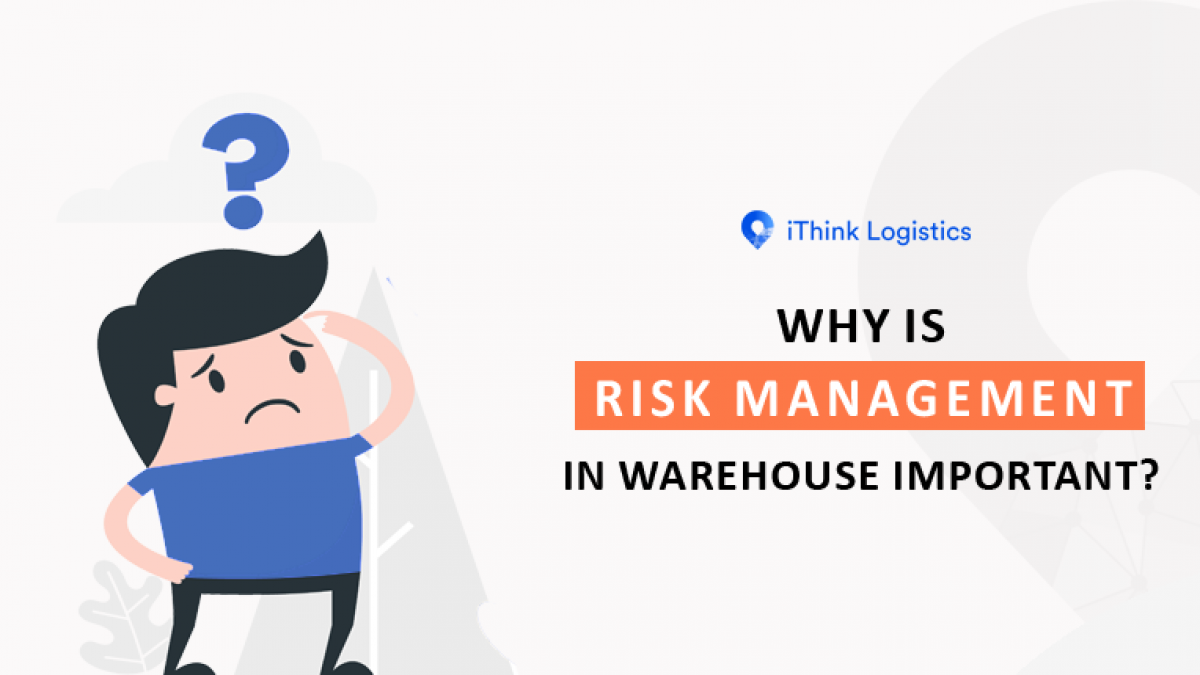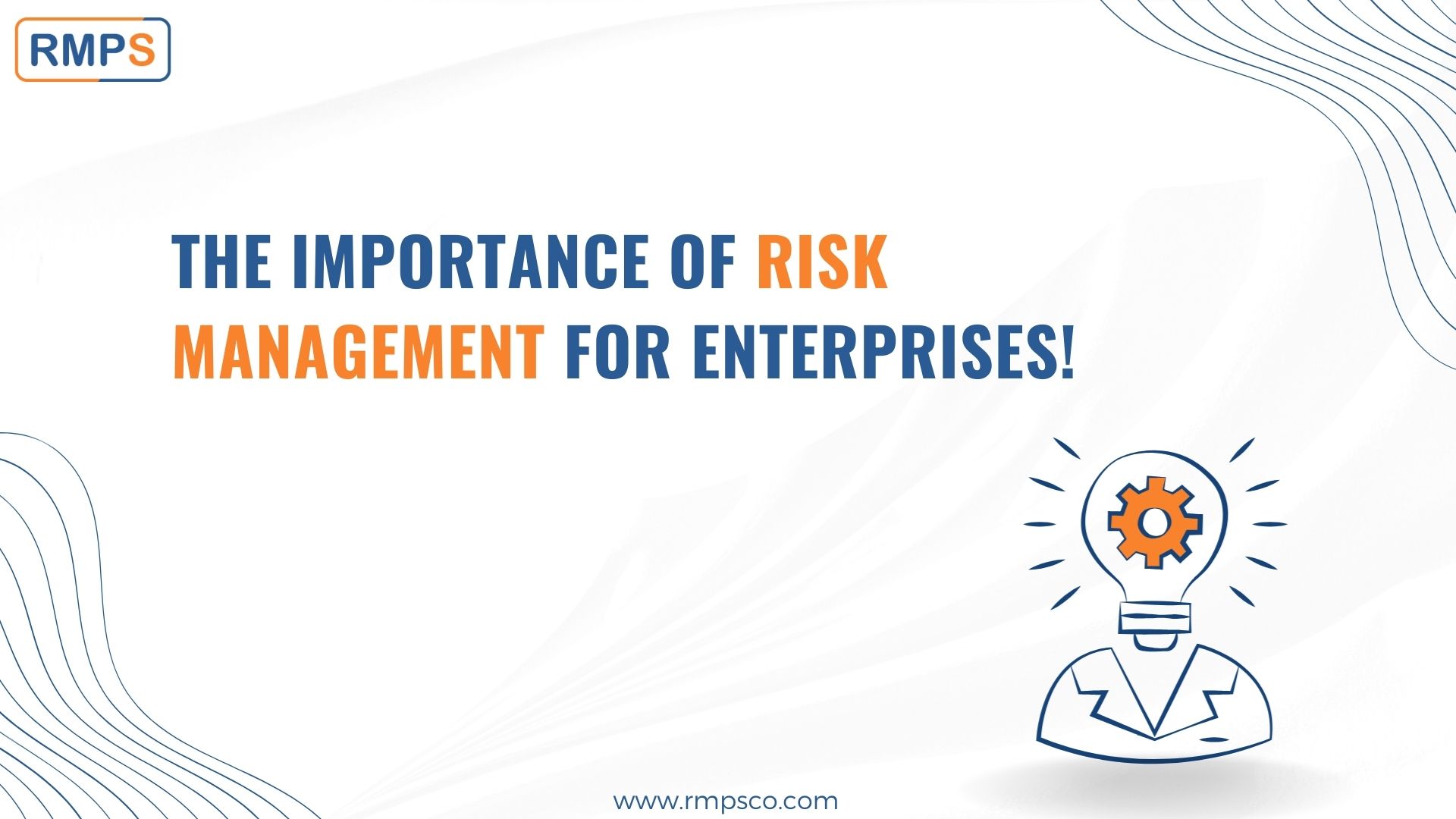A Detailed Guide to Understanding the Importance of Risk Management
Wiki Article
The Importance of Comprehending the Relevance of Risk Management in Numerous Industries

The Core Principle of Risk Management and Its Function
Risk Management, the cornerstone of many industries, hinges on the identification, examination, and reduction of uncertainties in a service atmosphere. It is an essential practice that permits organizations to safeguard their properties, credibility, and overall survival. By correctly recognizing possible threats, organizations can establish approaches to either avoid these dangers from happening or reduce their influence. The evaluation procedure entails assessing the probability and potential extent of these dangers. The mitigation process involves developing methods to decrease their possible effect as soon as dangers have actually been recognized and reviewed. This procedure is ongoing and intermittent, making sure that companies are planned for the ever-changing nature of Risk in different industries. The primary function, therefore, is to cultivate durability in the middle of uncertainties.Benefits of Executing Risk Management in Company Operations

Unveiling the Function of Risk Management in Different Industries
While every industry faces its distinct set of risks, the application read this of Risk Management methods remains a typical denominator in their pursuit of sustainability and growth. In the healthcare field, Risk Management requires ensuring client safety and information defense, while in money, it entails mitigating financial investment dangers and ensuring governing compliance. Inevitably, the function of Risk Management throughout sectors is to determine, examine, and alleviate threats.
Real-life Study Demonstrating Successful Risk Management
To understand the value of Risk Management in these lots of markets, one can look to numerous real-life instances that highlight the successful application of these steps. Toyota, post the 2011 earthquake in Japan, changed its supply chain Management to reduce disruption threats. These cases show exactly how markets, learning from dilemmas, efficiently applied Risk Management approaches to minimize future dangers.
Future Trends and Growths in Risk Management Approaches
As the world remains to advance, so too do the trends and developments in Risk Management strategies. Rapid advancements in innovation and data analytics are reshaping the Risk landscape. Big data and AI are now instrumental in anticipating and reducing threats. Organizations are leveraging these devices to build anticipating designs and make data-driven choices. Cybersecurity, once an click over here outer concern, has actually catapulted to the center of Risk Management, with strategies concentrating on detection, reaction, and avoidance. The combination of ESG (Environmental, Social, Administration) aspects into Risk Management is another expanding trend, showing the raising recognition of the role that environmental and social risks play in service sustainability. Therefore, the future of Risk Management depends on the combination of innovative modern technology, cutting-edge approaches, and a holistic technique.Conclusion
In verdict, understanding the relevance of Risk Management throughout a range of industries is essential for their longevity and success. Ultimately, successful Risk Management contributes to a lot more resistant and lasting services, highlighting the significance of this practice in today's extremely affordable and dynamic service atmosphere.While every market challenges its unique set of threats, the webpage implementation of Risk Management techniques remains a typical in their quest of sustainability and growth. In the healthcare field, Risk Management involves guaranteeing individual security and data protection, while in finance, it includes mitigating investment dangers and ensuring regulative compliance. Inevitably, the role of Risk Management throughout sectors is to determine, examine, and alleviate risks. These cases show exactly how industries, discovering from situations, properly applied Risk Management approaches to reduce future risks.

Report this wiki page